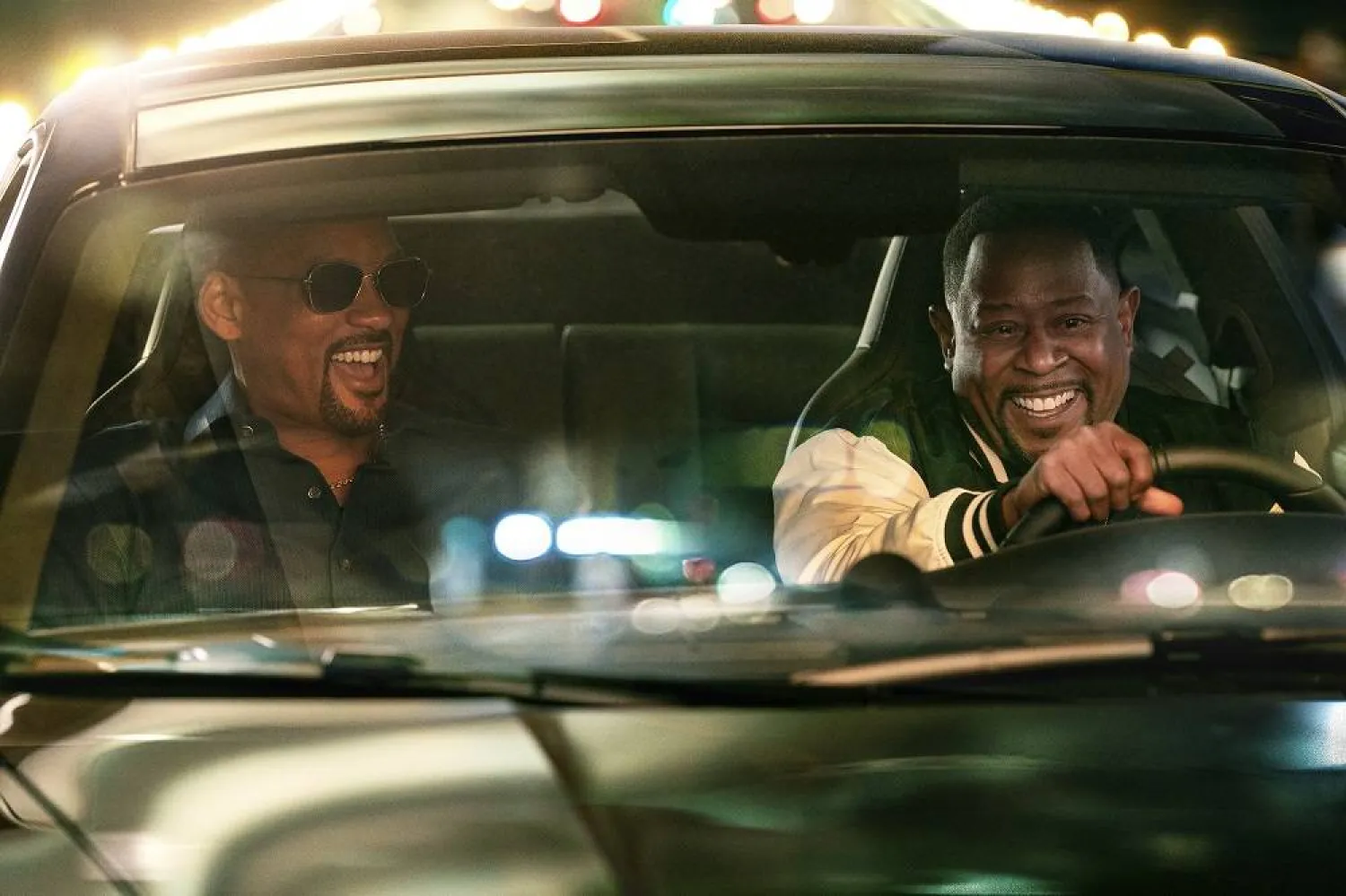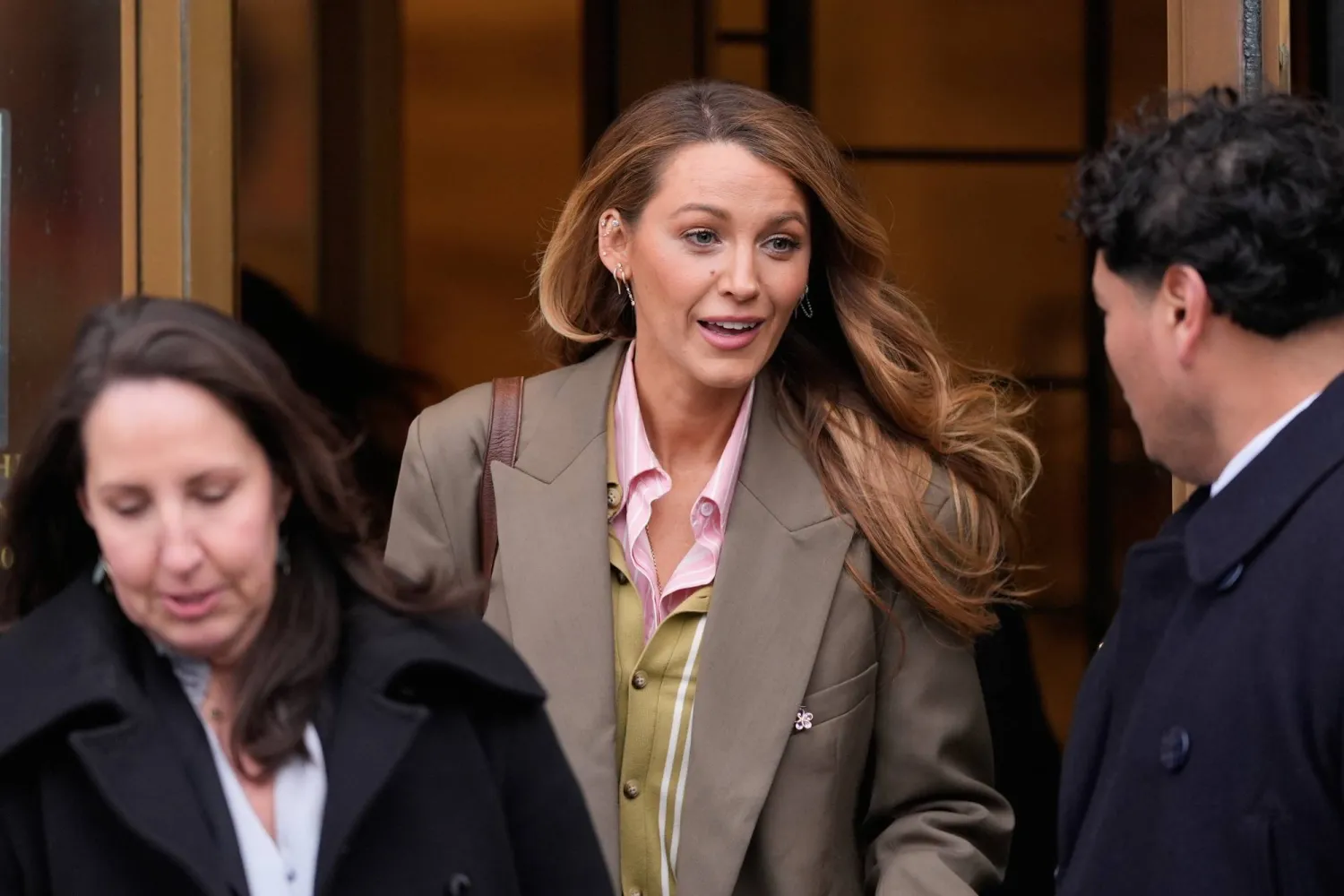“Bad Boys: Ride or Die,” the fourth installment in the Will Smith-Martin Lawrence action-comedy series, is about a fight to redeem a tarnished legacy.
No, not that one. The reputation of Conrad Howard (Joe Pantoliano), the beloved captain of detectives Mike (Smith) and Marcus (Lawrence), has been posthumously besmirched. After his death, Conrad is framed as an informant for a Mexican drug cartel as a way to cloak more sinister corruption. Our detectives set out to clear his name.
Of course, the real image restoration that’s going on here is for Smith. “Ride or Die” was in development in 2022 when Smith strode onto the Oscar stage and smacked Chris Rock. The film was temporarily put on hold. Options were weighed. But 2020’s “Bad Boys for Life” made a hefty $424.6 million before COVID-19 shut down theaters. Watcha gonna do?
The result is the first movie Smith has made in that era defined as Post Slap. Here he is, back in the driver’s seat and flying around the Miami waterfront with Lawrence riding shotgun. That’s to say: Smith is very much back in his element.
“Ride or Die,” which opens in theaters Thursday, is an attempt to pretend there haven’t been any bumps in the road along the way. More than that, this “Bad Boys,” coming 29 years after the original, would like very much to act as if nothing much has changed in not just the last two years but in the previous three decades.
Some signs of age is creeping in “Ride or Die.” Marcus has a heart attack on the dance floor and Mike is suffering from panic attacks. But with the exception of a drone or two, this is a movie that feels like it exists in the 1990s. Jerry Bruckheimer is still a producer, while original director Michael Bay has, as he did in the previous one, steps aside for Adil El Arbi and Bilall Fallah. (Bay returns for a cameo.) But “Ride or Die,” set against Miami nightclubs and alligator-crawling hideouts, has largely stuck to its old buddy-cop formula with all the requisite explosions and slow-mo’ed car chases mixed in.
As before, the key is the comic chemistry and endearing bond between Smith and Lawrence. And, really, as much as the response to “Ride or Die” is sure to be taken as a referendum on Smith’s recalibrated drawing power, Lawrence is the MVP of these movies. It’s his manic comic energy that propels them. The schtick may be a little stale at this point, but no one can deliver a line like “Chitty Chitty Bang Bang!” in a gunfight with quite the same panache. “Ride or Die,” scripted by Chris Bremner and Will Beall, knows to prioritize crafting ripe situations for Lawrence. After his heart attack, Marcus wakes up with a new zest for life and a foolhardy feeling of invincibility.
The same might have once been said of Smith’s bulletproof screen presence, of course. Here, Smith seems a little less cocksure than he once did; those panic attacks keep coming for Mike. Smith is also playing more of a straight-man to Lawrence. If the slap caused a reassessment of Smith as a movie star, “Ride or Die” is the kind of the tailor-made vehicle that reminds you there haven’t been many better male American action stars in the last few decades.
None of this is enough to lift “Ride or Die” beyond its paint-by-numbers plotting, or prevent the film from being inevitably tethered to the Slap — not least because the film climaxes with Marcus smacking Mike with an open hand. But the directing duo of Adil & Bilall keep the pace moving quick enough to prevent you from dwelling too much on ridiculous details — like that Mike, as revealed in the last film, is the father to an imprisoned cartel assassin named Armando (Jacob Scipio), a prominent character this time around. And silliness is more of a feature than a bug in movies like “Bad Boys.”
You end up questioning less why Smith and Lawrence are still making “Bad Boys” movies than wondering why such breezily watchable genre movie-star platforms more or less don’t exist any longer. This summer will also bring back “Beverly Hills Cop,” with Eddie Murphy, another reminder that — outside something like the “Fast and Furious” films — the movie industry just hasn’t produced anything like these guys for years now. Will Smith might not be going anywhere, after all.









